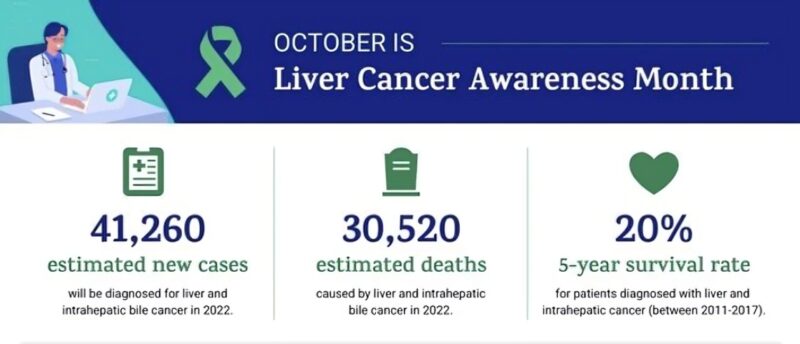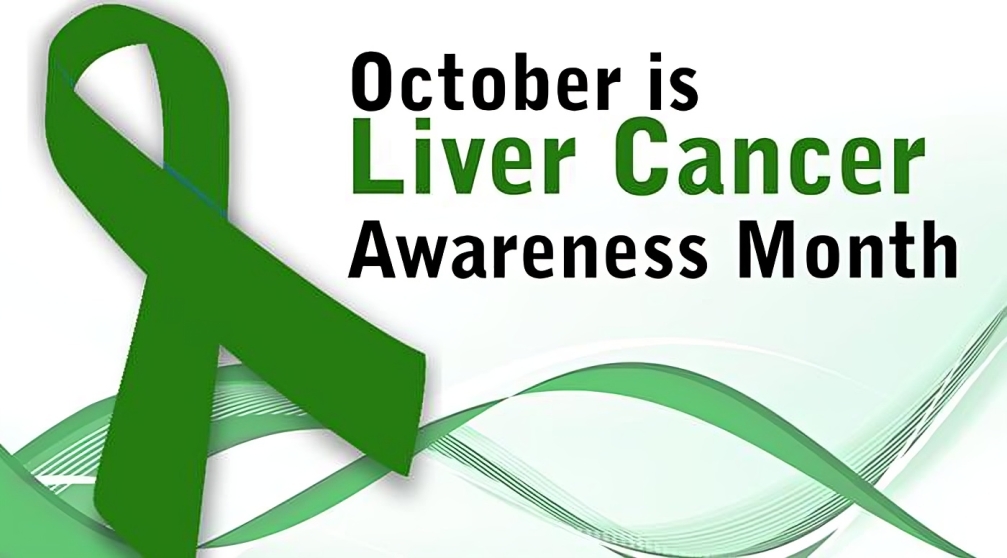Shahrin Ahmed, Medical Specialist at Canadian Cancer Society, shared a post on X:
”Liver Cancer Awareness Month is celebrated every year in October. The fact that almost 300 million people worldwide are living with hepatitis B means that they are at higher risk of developing liver cancer, making this a vital health observance.
Primary liver cancer or hepatocellular carcinoma (HCC) is the most common type of liver cancer. Chronic infection with the hepatitis B virus is a risk factor for primary liver cancer globally. The majority of liver cancers are caused by chronic viral hepatitis infections, such as hepatitis B and hepatitis C. Primary liver cancer is more likely to develop due to obesity, heavy alcohol use, fatty liver disease (NAFLD or NASH), and some metabolic disorders.
Hepatitis B chronically infected individuals are more likely to develop liver cancer than those who are not infected because the virus attacks the liver in a direct and repeated manner. The progression of these assaults can result in a rise in liver damage, cirrhosis (scarring of the liver), and ultimately, liver cancer. People who have hepatitis B can still be at risk for liver cancer even if they don’t have cirrhosis.
In 2024, it is estimated by the National Cancer Institute that 41,630 new instances of liver cancer and intrahepatic bile duct cancer will take place in the United States. These cancers are predicted to cause the deaths of approximately 29,840 people. Over five years, there is a 21.7% relative survival rate.
Adult primary liver cancer is significantly at risk when someone has hepatitis B, hepatitis C, or cirrhosis. Men have a higher prevalence of it than women. Asian Americans/Pacific Islanders and American Indians/Alaska Natives are more likely to develop liver cancer than other population groups in the United States.
By regularly monitoring their hepatitis B, those with chronic hepatitis B can lower the risk of liver cancer. Liver cancer prevention involves surveillance, antiviral treatment if necessary, and healthy lifestyle changes.
A recent clinical trial found that patients with advanced liver cancer who receive stereotactic body radiation therapy (SBRT) in combination with chemotherapy have improved overall survival and slowed cancer progression.
After surgery for liver cancer, patients who were given atezolizumab and bevacizumab had a decreased likelihood of disease recurrence, as determined by a study. Stage 4 liver cancer has a survival rate of almost 5%, meaning that almost 5 out of 100 individuals will be able to survive for 4 or more years after being diagnosed. Preventing hepatitis B infection is the most effective way to prevent liver cancer! Hepatitis B vaccination is of utmost importance for this reason. Preventing liver cancer is possible when someone gets vaccinated to prevent hepatitis B.”

Source: Shahrin Ahmed/X


